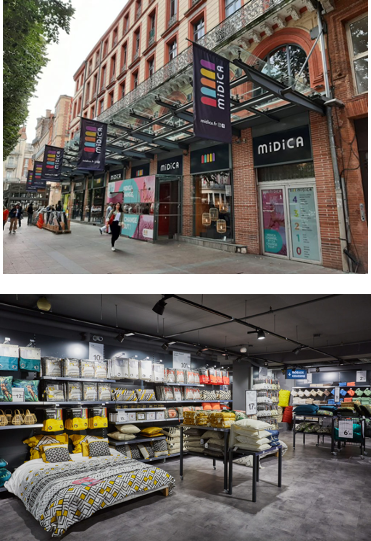Sonepar

Challenge
Beyond digital tools measuring customer relationships and sales portfolios, how can retailers deploy digital technology to win customers and build brand value, working in synergy with agencies? How can you successfully implement such a strategy in a decentralised company with an unproven digital culture?
Approach
After an initial phase of strategy definition, deploy PMO operational support for at least 8 months. Full specification of all e-commerce sites and selection of service providers. Design and map out functional responsibilities and internal teams to address a common challenge: how to integrate standard e-commerce functions into a business model where products, prices and even each customer relationship are local or even "one to one"?
Plan
Framing & business planning: - Scenario definition and up to 3 years of future business planning - Functional design of all e-commerce sites - Conduct a tendering process for service providers Project management: - Alignment of support and I.T. functions - Configuration and professionalisation (deadlines, costs) of logistics - Implementation of C.R.M. and customer value management tools - Preparation for a digital Marketplace
Results
- Validation of the strategy and investment decision for a national e-commerce site - Alignment of the entire company to support this delivery and expected change - Live operations of the of the sites in December 2018

Reinvention of a concept
Midica, a Toulouse store specialised in home products, €19 million turnover in 2018 and a negative REX

Challenge
Midica, France's last independent department stores' (5 levels - 5,000 square meters) was facing slow commercial and economic erosion and a lack of customer appeal. The 3rd generation of the family group's management decided to review all the dimensions of its concept: positioning, identity, offer, store architecture, communication and organisation. How can an attractive and profitable decoration department stores' concept be reinvented under the triple pressure of leading players in decoration (Ikea and Maisons du Monde), category killers from the suburbs (Gifi, Centrakor, etc.) and the main players in the city centre (Hema, Sostrene Grene, Zara Home etc.)?
Approach
Diamart Consulting carried out an in-depth study of the Toulouse market, the positioning of the brand and the existing commercial model (offer, price, merchandising, sales promotion, etc.) and then proposed a new strategy: 1. A repositioning on a more "core market" customer segment with an overhaul of all the marketing, commercial and organisational variables. 2. Support for general management and training/coaching of central and store teams in the adoption of a new, more "fast-decorating" model that is diametrically opposed to the old model. 3. A spatial reorganisation of the store on 5 levels: redefinition of the customer journey, new modernised design, specific treatment for each universe, analysis of the value of each architectural dimension in order to reduce investment.
Plan
A 21-month project in 3 phases Phase 1 (9 months): strategic project (audit, studies and strategy) Phase 2 (9 months): realisation of the concept and definition of the new organisation Phase 3 (3 months): managerial and operational support
Results
- Recruitment of new, younger customers - Unanimous support for the new concept despite a radical change - A very good appropriation of the new concept and identity by the teams - Better team productivity thanks to a more rational and therefore more efficient organisation - A doubling of the number of loyalty cards - Encouraging initial results despite a delicate context due to a recurring "gilets jaunes" effect in the centre of Toulouse

Do you have a challenging project? Talk to us!
Our clients
We are very proud of the trust our clients have in our solutions.











